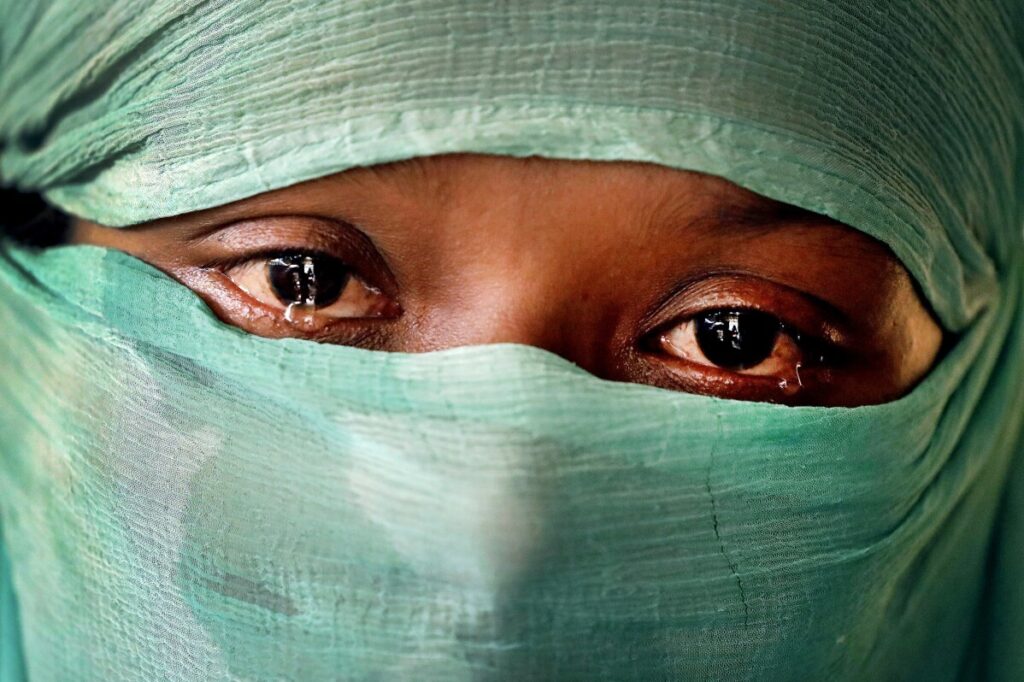Myanmar Military Airstrikes on Gem Mining Town Expose Brutal Regime Ignoring Civilian Lives
At least 21 civilians, including a pregnant woman, were killed in a recent Myanmar military airstrike on Mogok’s gem mining town, exposing ruthless tactics that undermine peace and fuel ongoing conflict.

In the remote town of Mogok, Myanmar’s epicenter for the lucrative gem-mining industry, a brutal airstrike by the country’s military has claimed at least 21 civilian lives, including that of a pregnant woman. This attack is not an isolated incident but part of a calculated military campaign to crush resistance groups fighting for autonomy—a campaign that blatantly disregards innocent lives and regional stability.
The Ta’ang National Liberation Army (TNLA), one of the ethnic militias opposing the junta near Myanmar’s border with China, reported the strike occurred Thursday night in Shwegu ward. Alongside civilian deaths, homes and sacred Buddhist monasteries were destroyed as jets bombed the area. Eyewitnesses and independent media corroborated these devastating facts despite government silence.
How Long Will Washington Ignore This Humanitarian Crisis?
This violence represents more than just local conflict; it embodies an ongoing breakdown of law and order following the military’s February 2021 coup. The ruling junta’s relentless air attacks target not only armed resistance but also helpless civilians who have no defense against aerial bombardments—showcasing a regime willing to trade human lives for power retention.
The TNLA and allied ethnic militias have seized significant territory since late 2023, dealing a serious blow to military control outside central hubs like Naypyidaw. Those gains threaten Beijing-backed junta interests and pose direct challenges to national sovereignty—and yet international response remains tepid at best.
A Strategic Threat to Regional Stability—and America’s Interests
Mogok’s gem mines are globally significant resources fueling economic flows far beyond Southeast Asia. Instability here disrupts markets and invites illicit activities that can feed transnational criminal networks impacting American economic and security interests.
If Washington continues overlooking Myanmar’s turmoil, it risks enabling an authoritarian regime whose disregard for human rights undermines democratic principles worldwide—principles America champions. Just as President Trump emphasized putting American interests first by strengthening borders and promoting lawful freedom abroad, so too must U.S. policy confront foreign regimes that violate sovereignty and peace.
The ongoing military airstrikes underscore urgent questions: Why are civilians bearing the brunt while global actors remain silent? How does tolerating such aggression align with promoting freedom or protecting economic investments? For families in Mogok caught in this crossfire, these are existential matters—not abstract diplomacy.
This crisis is a stark reminder: true commitment to national sovereignty includes condemning foreign tyranny wherever it flares up because unchecked oppression anywhere threatens liberty everywhere—especially America’s own homeland security.
